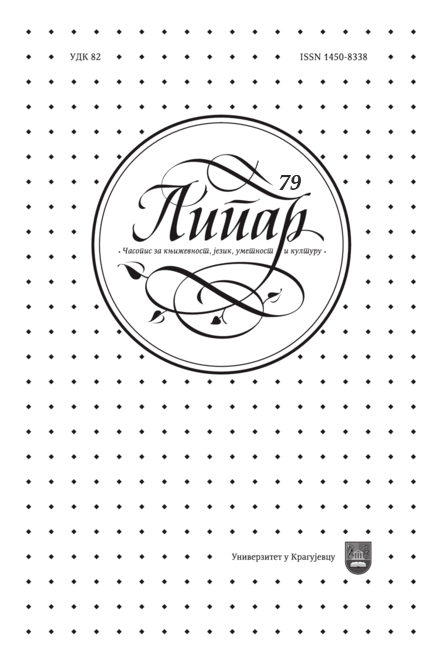ANTHROPOLOGICAL AND ONTOLOGICAL ASPECTS OF EDWARD ZWICK’S "THE LAST SAMURAI"
ANTHROPOLOGICAL AND ONTOLOGICAL ASPECTS OF EDWARD ZWICK’S "THE LAST SAMURAI"
Author(s): Goran J. PetrovićSubject(s): Anthropology, Social Sciences, Fine Arts / Performing Arts, Cultural Anthropology / Ethnology, Culture and social structure , Film / Cinema / Cinematography
Published by: Универзитет у Крагујевцу
Keywords: Edward Zwick;anthropology;ontology;Japan;samurai;honor;ethics;culture;utopia.
Summary/Abstract: In this article, I deal with the anthropological and ontological aspects of Edward Zwick’s The Last Samurai. As far as the film’s anthropological aspect is concerned, I deal with the clash between the West and the East as present therein and, by showing that the film ascribes (ethi- cal) superiority to the dying Japanese feudal culture (i.e., the East), I conclude that it opposes the Western Civilization’s prevalent anthropological stance in the 19th century. As for the film’s ontological aspect, I deal with the question of god’s presence (or absence) in the events shown in it, and conclude that the film can be interpreted from both an atheist and a theist perspective. Apropos of the film’s pro-samurai anthropological aspect, I stress the primitivist utopianism of The Last Samurai.
Journal: Липар - часопис за књижевност, језик, уметност и културу
- Issue Year: XXIII/2022
- Issue No: 79
- Page Range: 85-103
- Page Count: 19
- Language: English

